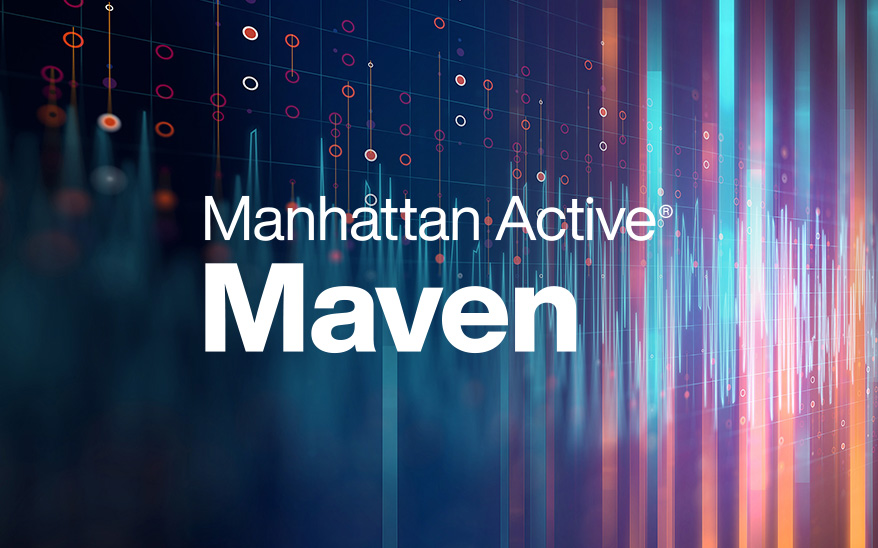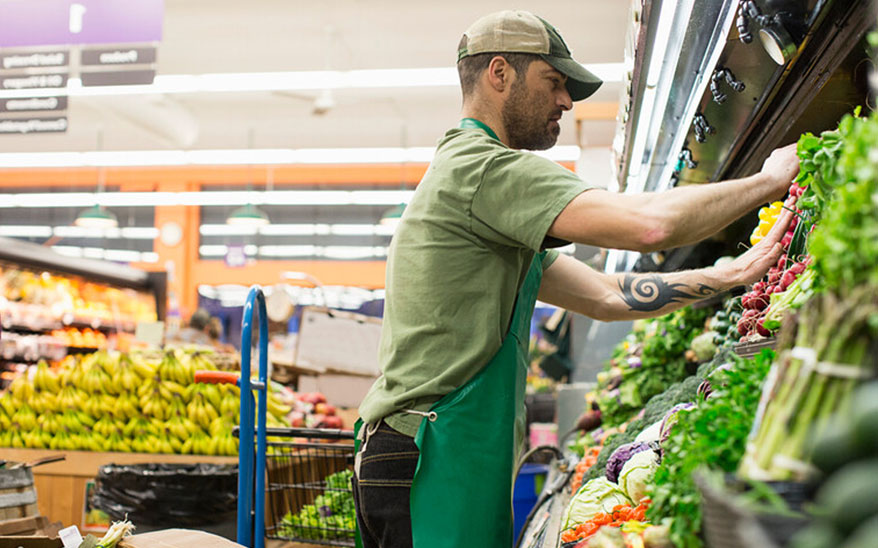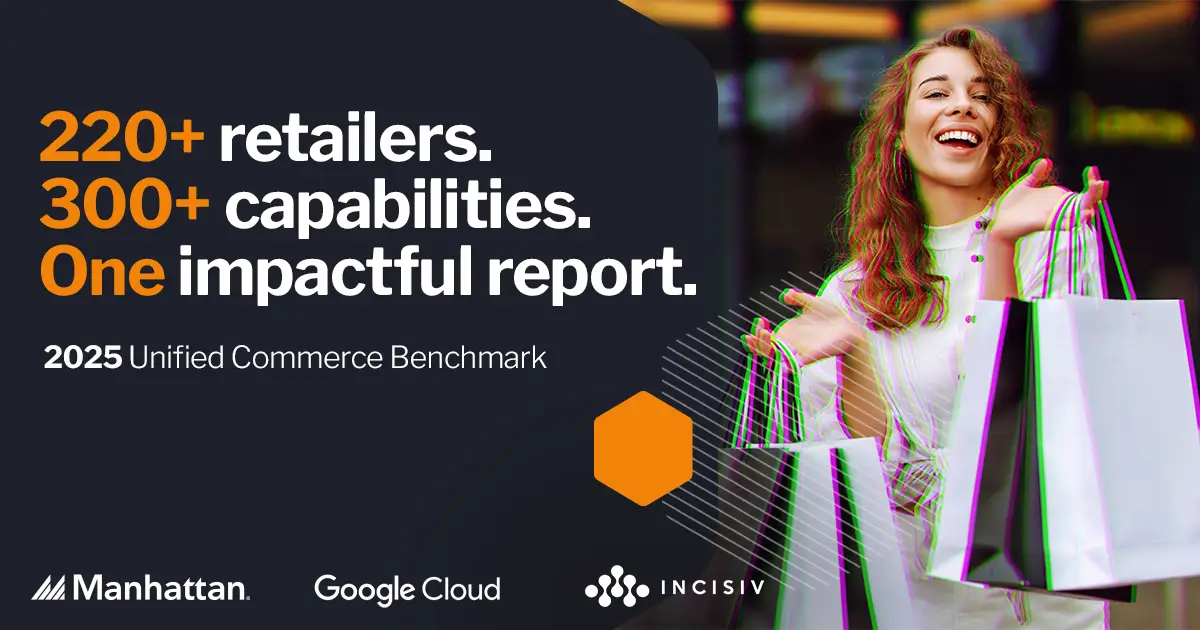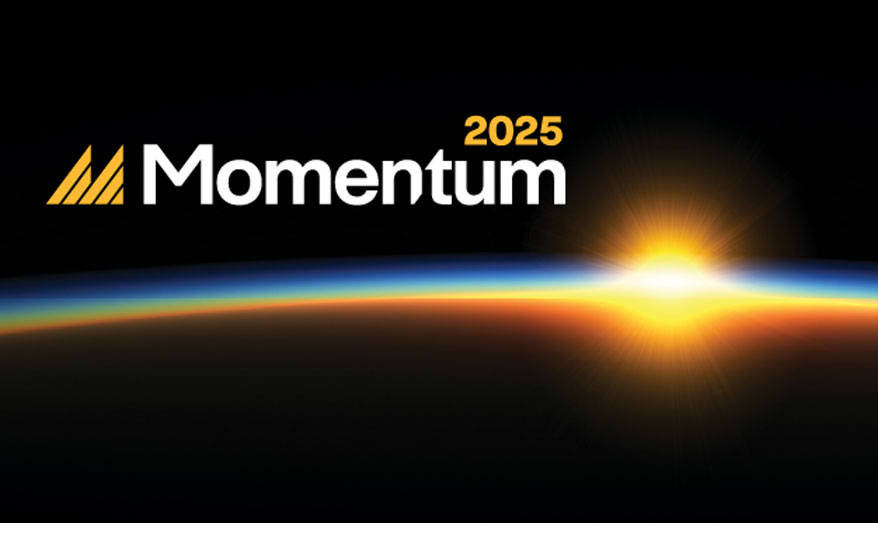What is a Retail POS (Point of Sale) System?
- May 9, 2023
- By Manhattan Staff

A retail POS (point of sale) system is a type of POS that empowers retail associates to provide a memorable, seamless, and consistent service level experience to their customers. The best retail POS systems enable actionable visibility of every stage of an omnichannel customer’s buying journey—regardless of selling channel—customizing shopping experiences for each customer.
There are a variety of different types of POS systems, each made for various business needs. Wherever a retail transaction takes place, that is where you will find retail POS systems. But how, when, and where that system is leveraged is determined by the type of retail POS software a retailer chooses to use.
What is retail point of sale software?
Retail point of sale software equips associates who are operating in a physical retail space with the technology needed to manage retail operations, complete sales and return/exchange transactions, provide physical or digital receipts, accept various payment methods, and track order history.
The different types of POS systems for retail
Retail POS software comes in all shapes and sizes, built around solving different types of store or sale space needs. Below are the different types of retail POS systems:
- Terminal retail POS system- stationary POS that allows associates to check out customers, keep track of finalized sales, and track all product sold at the point of service. Terminal POS are often attached to or accompanied by a cash register, display, barcode scanner, receipt printer, and a card reader device.
- Mobile retail POS system- accessible from a mobile device or smartphone via an app and often equipped with a card reader device plugged into the mobile device’s audio jack. In the retail world, it is often used at pop-up and vendor store locations.
- Tablet retail POS system- accessible via an app on a portable computer with a touchscreen interface that allows associates to either bring the point of service experience to the customer or at a checkout register attached to a swivel stand, enabling easy back and forth between the associate and customer.
- Self-service kiosk retail POS system- works without the need for a retail associate, enabling the customer to navigate through the point of service experience themselves, including scanning and paying for retail items with a barcode scanner, paying by using a card reader, and navigating via a large touch screen monitor or register.
- Cloud retail POS system- retail POS software accessed via an internet connection on a private, secure server from any location or mobile device. It lives and stores data in a cloud environment, with cloud-native architecture that enables more scalability, resiliency, adaptability, and upgradable retail solutions. Most retail leaders are adopting modern POS technology and cloud-native is becoming synonymous with that distinction.
Why is having modern retail POS software so important?
Today, retail POS software is much more dynamic and complex in its ability to provide services to omnichannel customers than even just 15 years ago. Smartphone apps have allowed retail associates increased flexibility when delivering POS services, removing the requirement of staying stationary at a register and conversely providing a more hands-on approach to customer service, either in-store or online.
Historically, if a store did not have the product a customer was looking for, they were either turned away, had to wait for confirmation from another location that they did or did not have the product in stock, or told blindly to check another location for that item. That’s not the case anymore.
According to the 2023 Unified Commerce Benchmark conducted by Incisiv, 37% of shoppers will shop at another retailer if their desired product is out-of-stock and 62% of retail leaders provide real-time inventory visibility on their product detail page. Modern retail POS systems possess the agility associates need to retrieve an item for a customer from anywhere in its retail network in the fastest and easiest way possible. It also allows them to assist customers whenever and wherever they may need it and provides customers the ability to access all available inventory.
What are the benefits of the best cloud retail POS software?
The best cloud retail POS systems—built with cloud-native architecture and available on a single app—give associates visibility of every customer interaction with the retailer’s brand and enables enterprise-wide inventory visibility of the entire retail network, enabling flexibility for how, when, or where an order can be fulfilled. It provides automatic upgrades with zero downtime, automatically scales to match demand, and integrates seamlessly.
Here are the technological benefits built within a cloud-based POS software:
- Unified enterprise data- data can be accessed anywhere that has access to the web and is the same consistent, universal user experience.
- Updates that occur regularly and automatically- system upgrades happen automatically, periodically, and with no downtime in day-to-day processes.
- Enhanced security- visibility of all data in the cloud enables robust data security capabilities that monitor and protect solutions.
- Scalability- automatically scales to match business needs.
- Integration flexibility- ability to integrate with other software and apps.
Cloud retail POS software is ideal for enterprise retail businesses (businesses that generate approximately $1 Billion in annual revenue), businesses that need a flexible, accessible, and scalable POS solution, or businesses with multiple locations and a large inventory to manage.
In this new age of consumerism where unification and convenience are key, retailers who are able to provide this desired customer experience are setting themselves up for success in retail moving forward.
Features of cloud-native retail POS software
Retailers can merge physical and digital retail experiences with unified commerce technology. Cloud retail POS systems are the anchor of that experience with features including:
- One experience- enables a single associate experience across all selling channels for better in-store selling, engagement, fulfillment, and easier employee training.
- Product Catalogs and Omnicart- provides staff with enterprise-wide inventory visibility, enabling store associates to initiate or complete any order from any channel and complete, return, or exchange items in any other channel.
- Clienteling and Customer Management- customizes the customer experience with data from all channels and history of every customer interaction with a retailer’s brand, allowing associates to carry out informed customer communications and extensive customer profile management.
- Endless Aisle- cloud retail POS systems provide a holistic view of inventory regardless of store or fulfillment location, enabling dynamic fulfillment options.
- Flexible Payment Processing- transactions can be completed via mobile checkout with support for contactless payments and shared payment terminals, single payment/card swipe with receipt with omnicart transaction visibility, and buy online returns can be made to any store with original payment refund.
- Flexible Fulfillment options- retail associates can recommend or provide fulfillment options based on customer preference—including buy online, pickup in-store (BOPIS), and ship-from-store—and filter search results by preferred fulfillment method (pickup, direct, expedited, same day, etc.)
- Reporting and Analytics- cloud retail POS systems can provide holistic, real-time analytics on customers, stores, and inventory. It also identifies customer trends and tendencies that can be used to improve the supply chain and unified commerce experience.
- Available on a single app via any device- many cloud-based POS systems operate on mobile devices.
- Multi-Location Support- cloud-based systems are accessible at multiple locations via the internet.
- Offline Resilience- retail industry leaders that operate cloud-based POS systems enable the ability to work offline, meaning that the POS can still function and store information will still be available when the system goes offline.
Manhattan Active® Point of Sale was purpose-built to work for and grow with ever-changing omnichannel retail needs for both associates and customers. It delivers resilient cloud-native store selling and engagement on any form factor, global promotions, and omnichannel cart support, providing loyalty-building customer experiences.
When deployed with the Manhattan Active Omni suite of omnichannel retail solutions, retailers can unify commerce within a single cloud-native application built from microservices for profitable omnichannel workflows. The result, retailers are empowered to sell, engage, and fulfill anywhere with solutions made for modern retail.





